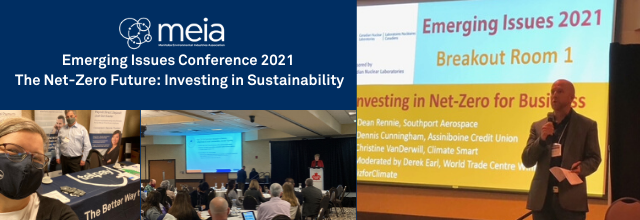One of your employees has informed you that they did not receive their payroll direct deposit. What happened? What will happen to the funds that you have sent them? There are several reasons why this employee may not have received their funds but the most common reason is they may have overlooked informing you of a change in their banking or personal information.
Here are some best practices that may help to reduce the risk of this happening to your employees.
Send Out Quarterly Reminders for Profile Updates
Sending out quarterly email reminders to employees with a read-receipt request allows them ample time to update their banking or personal information and will keep you in the loop as to who has read the email and who hasn’t for easier follow-up. Also, for security reasons, accepting a change of information via email is not recommended.





